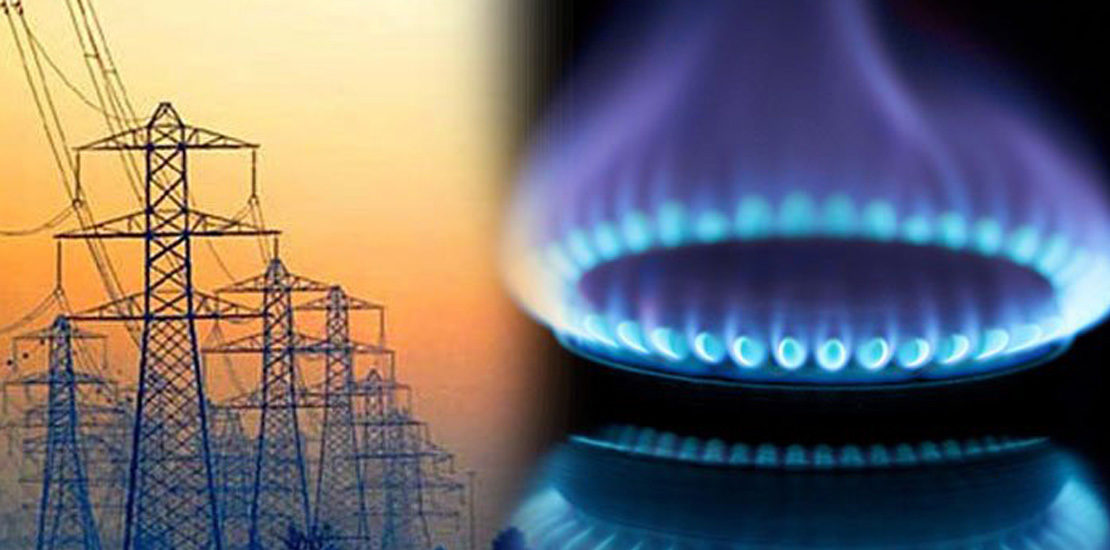How to prepare for future energy crisis?

Not only are oil, gas and coal being phased out as an initiative to go green and focus on relying on renewable alternatives, including solar and wind, but a global gas supply crunch has also resulted in a soaring energy bill increase.
This energy crisis will affect homeowners across the globe, and it is suggested that the average UK customer's energy bill will increase by 54% as a result. Here are some tips to not only help you prepare for the future energy crisis but even do your bit to help prevent it.
Reduce your dependence on electrical appliances
A quick and easy way to reduce your energy bills is to use your electric appliances more wisely. This can be done in various ways, including lowering your reliance on certain devices, such as manually washing dishes in the sink or drying clothes on a line rather than using a dishwasher and tumble dryer.
If using an appliance is necessary, most modern appliances offer an 'eco' setting as an energy-efficient alternative.
Eliminate wasted energy
Ensure no appliances or lights are on when they are not needed or in active use. Many modern devices, such as monitors and TVs, don't actually switch off when you press the power button on the remote and will instead be on standby. While this doesn't use a lot of electricity and is fine for short periods, to eliminate that little extra wasted energy, it's a good idea to turn it off or unplug it entirely from the wall socket.
Having smart heating installed in your home can be an effective way of programming the heating system to come on and turn off at specific times so that when you are out of the house or asleep, there is no wasted energy. These smart thermostats often come with statistics that show your heating use, which also helps make you more conscious of your spending to be aware of when to stop your electricity.
Using more energy-efficient alternatives
LED, CFL or Halogen lights are an excellent energy-efficient replacement for incandescent bulbs. LED specifically offers a host of benefits over traditional bulbs, including providing the same brightness level, can last up to 25 times longer and use around 50-75% less energy on average.
Substituting older machines with more modern, efficient appliances is more likely to include better energy-conserving features and technology, making them worth their investment in the long-term money-saving.
Weatherproof your home
Ensuring your home is well protected against the elements is a good way of retaining warmth and preventing your heaters from working overtime needlessly. This will save you money on your energy bill as the heat from the home is better maintained. You can do this in a variety of different ways, including ensuring your home is adequately insulated, including a well-insulated roof and loft opening.
Another step to make your residence warmer and reduce your expenditure on home heating is to ensure your windows and doorways are adequately sealed to prevent draughts and heat transfer to the outside. You can do this by replacing your single glazed windows with double glazing. Along with many other benefits, double glazing will improve your home's insulation by up to 73%.
These small but impactful tips should make you feel a little more hopeful and prepared for the future energy crisis. If you're interested to see other ways you can save some money and protect our planet, check out our other helpful eco-tips.